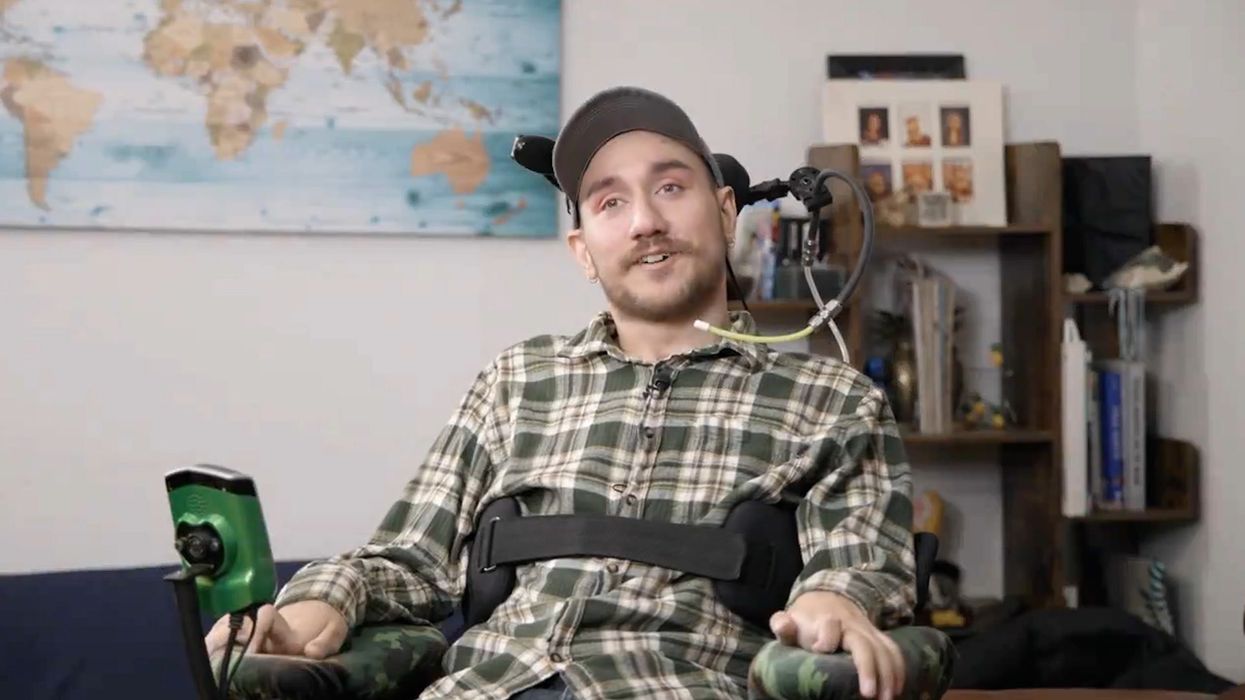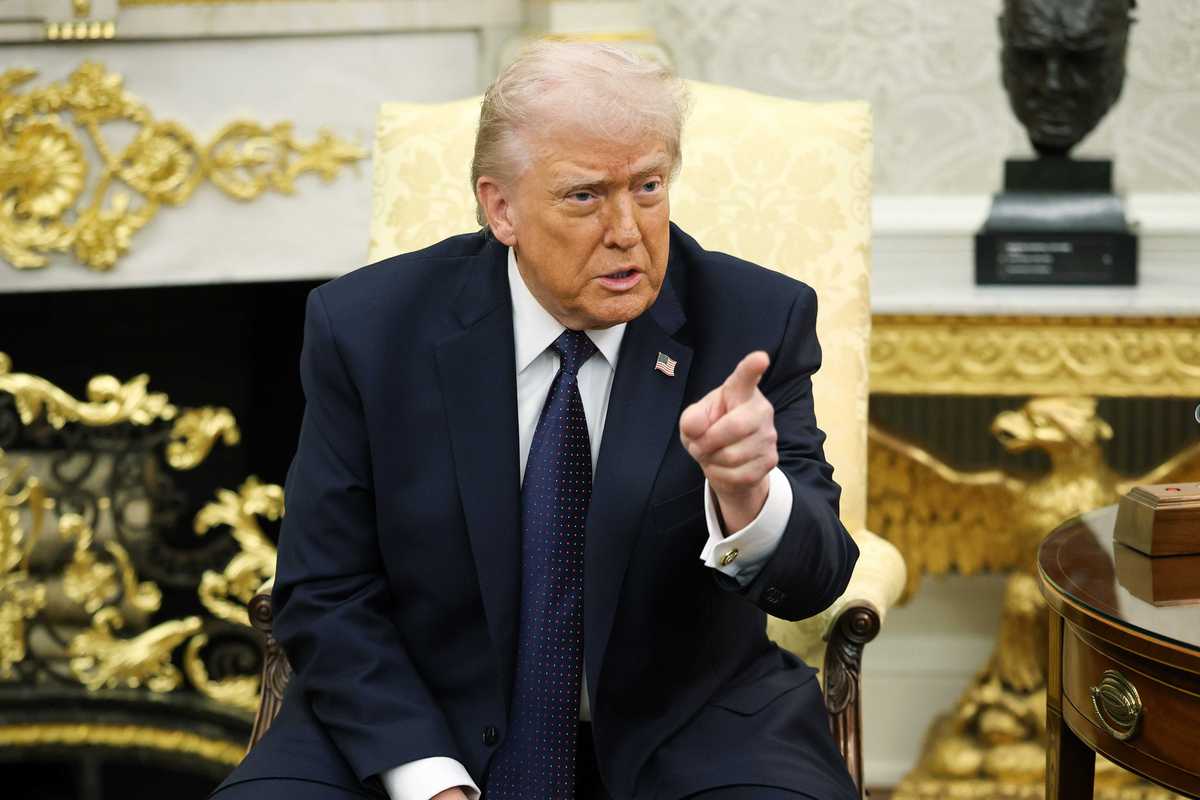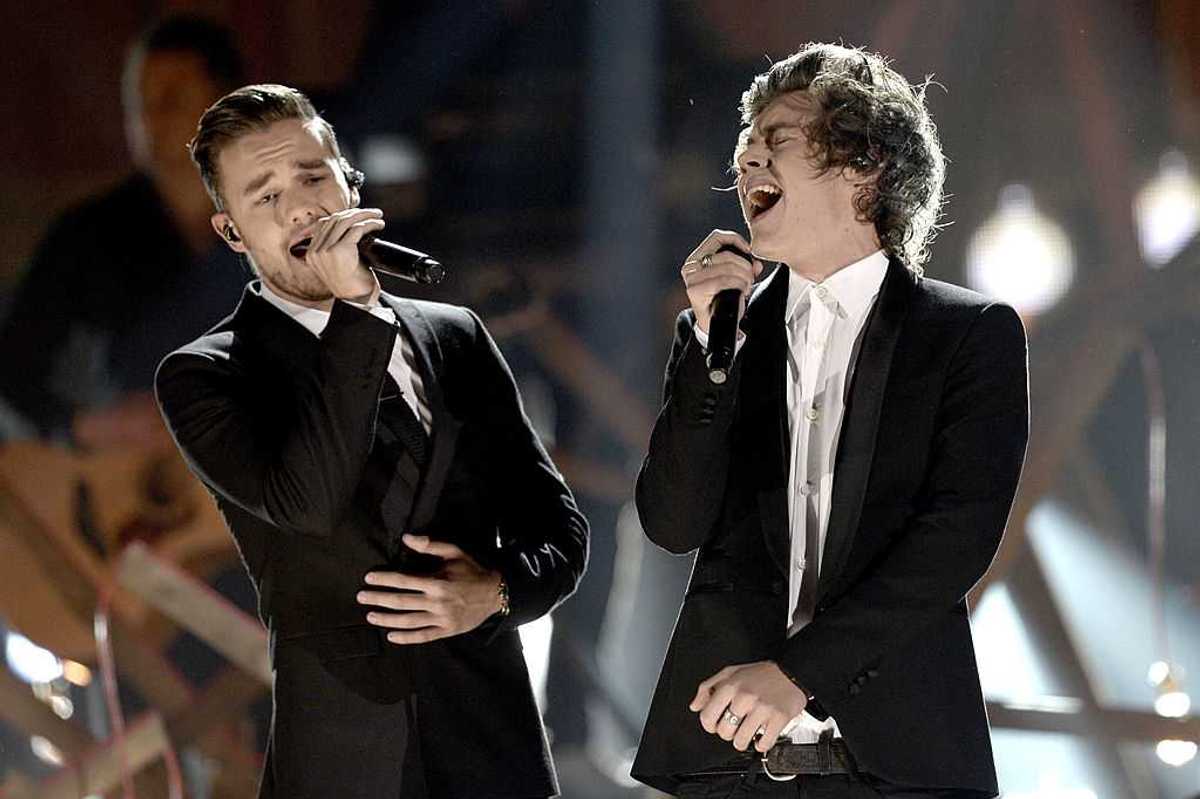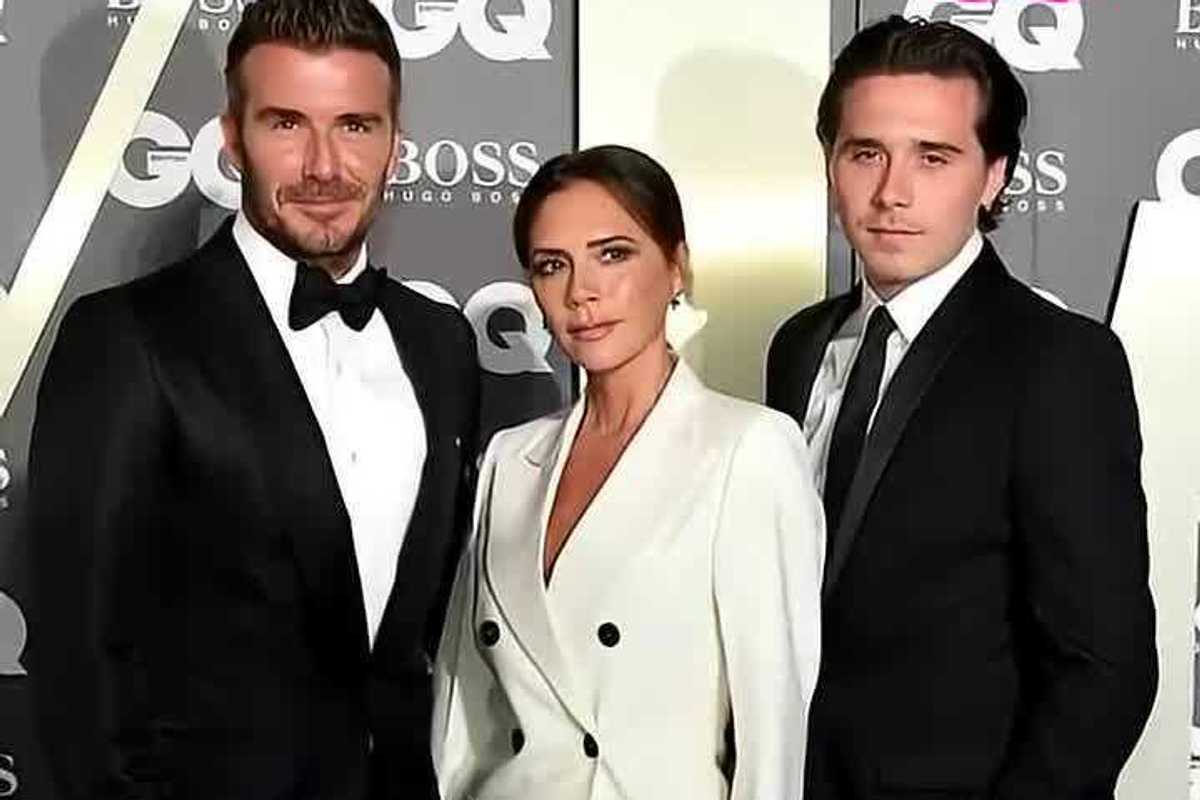Liam O'Dell
Jun 29, 2025
Related video: First patient explains what it's like to have Elon Musk's Neuralink chip implanted in brain
Neuralink
Elon Musk, now focusing more on business ventures such as SpaceX and Neuralink after leaving his role at the US Government’s Department of Government Efficiency (DOGE) at the end of May, has sparked backlash once again, as the billionaire has been told deaf adults “deserve a say” in plans to ‘restore hearing’ with his brain chip technology.
It comes after Musk said in a fireside chat with Y Combinator earlier this month that “in the next six to 12 months, we’ll be doing our first implants for vision, where even if somebody is completely blind, we can write directly to the visual cortex”, adding that one of the company’s monkeys testing the technology has “had the visual implant for three years”.
Then on Saturday, after one Twitter/X user suggested “the next Neuralink product should aim to restore hearing”, Musk replied that there is “a clear path” for the tech company to do so.
“Even for someone who has had total loss of hearing since birth, as our device directly activates the neurons in the brain that process sound,” he said.
Implants designed to simulate the sensation of hearing already exist in the form of a cochlear implant, though this device is implanted in the snail shell-like cavity in the ear known as the cochlea, rather than the brain.
It uses magnets to bypass the ear canal and send auditory information to the cochlear nerve, which is then relayed to the mind.
However, one top reply to Musk’s tweet expressed apprehension about his idea, with an account named ‘Among the Wildflowers’ – using the handle @DeafLibertarian – urging the tech entrepreneur to “meet with Deaf adults before moving forward” as they “deserve a say”:
The social media user elaborated further on her profile, writing that the involvement of deaf people in research is “critical” because “scientists may miss key factors”.
“Involving us in research process, especially in the beginning stages, ensures decisions truly consider all aspects of lived experiences as people born deaf since birth,” she added.
The individual also stressed that “most deaf people are not against new technology or medical enhancements”, but rather “they are an extremely vulnerable population”.
She tweeted: “They have been forced against their will for many things in the name of science or ethics or research-so give them (and me) some grace if we are skeptical and question the intent of any company who says they want to help.”
Others also agreed with the person’s stance, with one user remarking that his daughter – who “has profound hearing loss” – sees technology described by Musk as “an attempt to *fix* her”:
Another account stated ethical innovations in the medical sector hinge “on ensuring those affected have a say, especially when the innovation alters identity or sensory experience”:
And a third referred to deaf culture and it being “filled with nuance”:
Neuralink has already made headlines with footage of a monkey “telepathically” asking for snacks, and the first human recipient of a Neuralink implant – Noland Arbaugh, who is quadriplegic – sharing a post to Twitter/X “just by thinking”.
At the time, Musk wrote: “Long-term, it is possible to shunt the signals from the brain motor cortex past the damaged part of the spine to enable people to walk again and use their arms normally.”
Indy100 reached out to Neuralink for comment
Why not read…
- Why Musk doesn't want us to know he uses a computer
- Musk's neighbours say 'send him to Mars' as even they are tired of him
Sign up to our free Indy100 weekly newsletter
How to join the indy100's free WhatsApp channel
Have your say in our news democracy. Click the upvote icon at the top of the page to help raise this article through the indy100 rankings.
Top 100
The Conversation (0)













